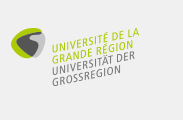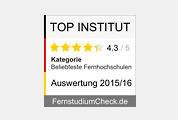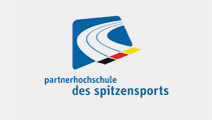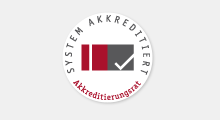Kummer, Michael
ZEW Mannheim, Mannheim, Germany
Content spillovers are a phenomenon that might be of central importance for explaining the high quality of user
generated content that has puzzled researchers from both economics and other fields. However, the classical setting of
user generated content typically takes the form a network of content provided by a network of authors. While
correlations are abundant in such a setting it is typically very difficult to identify causal effects or even only shocks to the
network. This paper proposes to use observable (to the econometrician) shocks to identify the content spillover that
results from links between articles on the German Wikipedia. Such shocks are generated by ex-ante unpredictable but ex-
post observable large scale events such as natural disasters. To identify the effect in question I focus on the effect of such
events on articles that receive an indirect link from directly affected articles. I use only pages that were indirectly linked
before the disaster hit and, in a later stage I hope to use text analysis to rigorously verify whether the newly created
content in a page is related to the shock or whether it is fresh content that adds information beyond the shock. Knowing
whether spillovers in content networks exist and how exactly they work would provide important insights into how
humans provide and share content or knowledge. It is also relevant to newly created content platforms that are eager to
acquire a minimum necessary level of content that guarantees the platform's survival.



![[logo of the department of CS]](/en/logos/logo_fbi_167x60.png)




